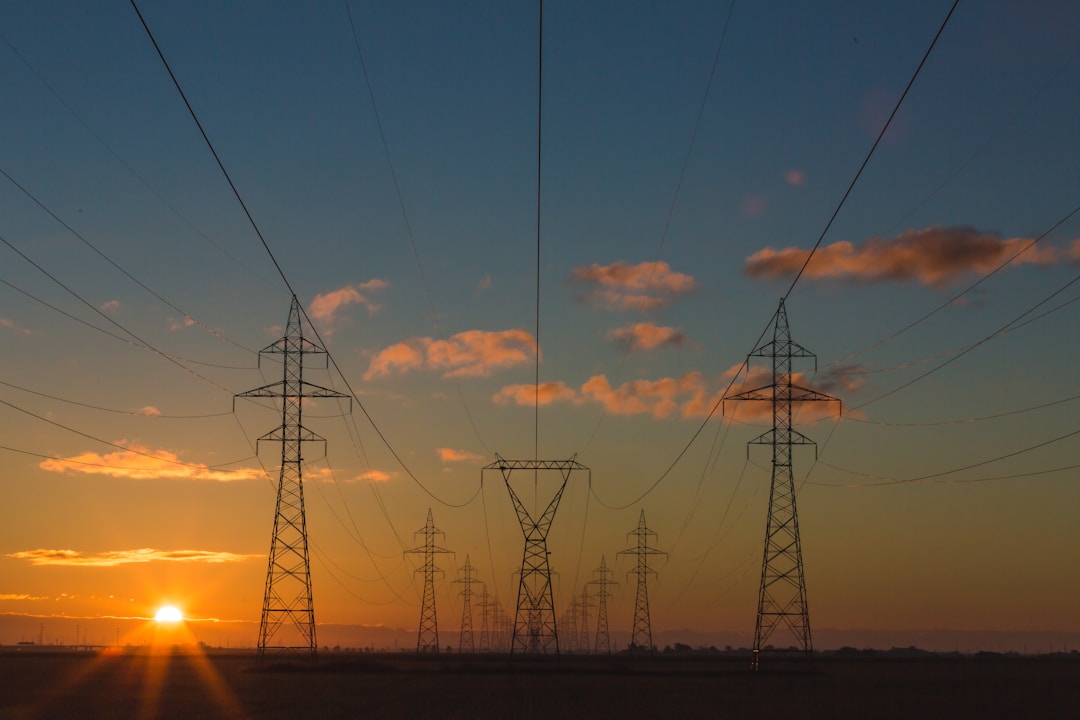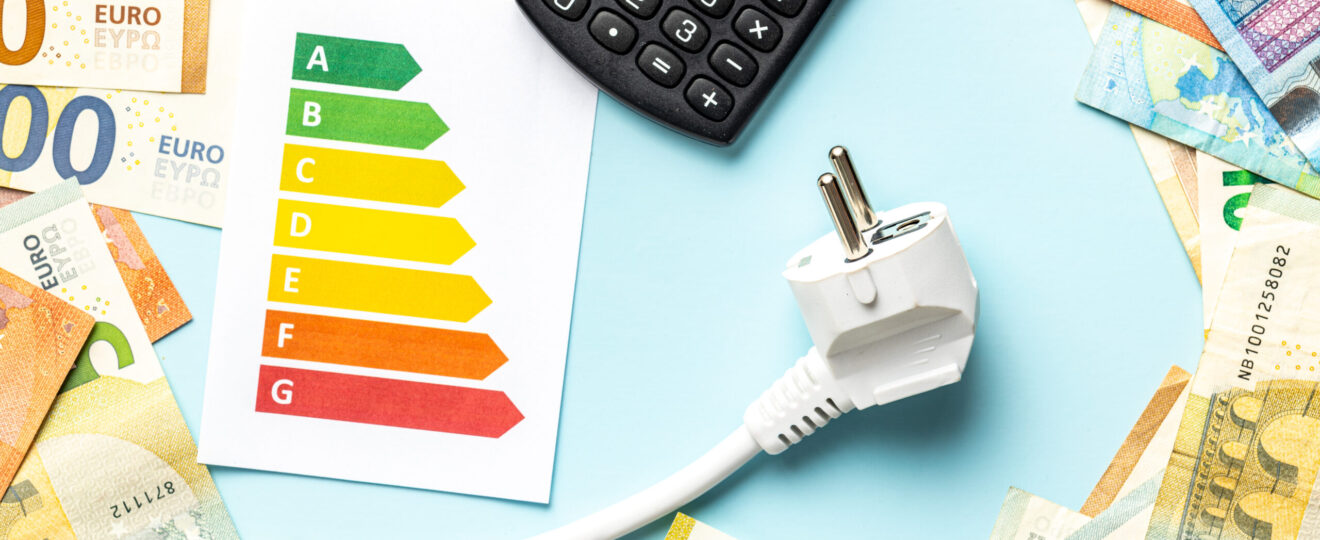With rising utility costs and increasing environmental concerns, it’s no wonder that homeowners everywhere are looking for ways to decrease their energy usage. Whether you’re moving into a new place or simply looking to make your existing home more energy-efficient, there are numerous steps you can take to achieve this goal. In this article, we will explore some of the most effective strategies that can help you conserve energy in your home. Keep reading to discover tips to help you save energy and money.
Understanding Energy Consumption in the Modern Home

The first step in reducing energy usage in a home is understanding where it is consumed. From heating systems to appliances and gadgets – every device utilized in our daily lives contributes towards our overall energy consumption. Doing a comprehensive energy audit can help identify these primary sources of usage.
A typical American home utilizes a significant chunk of energy in heating and cooling systems. Regular maintenance, like a Furnace Tune-Up in Noblesville, can ensure these systems operate optimally and use energy efficiently. Lighting and appliances also account for a considerable portion of energy use in most homes.
Technology also plays a crucial role in energy consumption. A surge in the use of digital devices in recent years has led to a significant increase in the power used by electronic gadgets. However, advancements in technology have also opened up opportunities to improve energy efficiency in this area.
Understanding your home’s energy consumption is the first step toward creating a successful energy-saving plan. This information allows homeowners to make informed decisions and prioritize areas where energy-saving measures will have the most impact.
Renewable Energy Sources: How They Can Make a Difference
Another effective solution to decrease your energy consumption is to incorporate renewable energy sources into your home. Solar panels are the most popular form of renewable energy for homes. They convert sunlight into electricity, reducing the need for traditional power sources.
While the upfront costs of solar panel installation might seem steep, the long-term savings can be significant. States and municipalities offer tax incentives and rebates to encourage solar panel use, and some utility companies buy back excess power generated by solar panels, providing homeowners with additional savings.
Moreover, with residential solar systems Abilene TX services, homeowners not only cut down their energy costs but also contribute to reducing carbon footprints and promoting sustainable living.
Besides solar, other forms of renewable energy like wind and geothermal energy are also options. However, their application is largely dependent on the feasibility and national regulations.
Easy Changes for Reducing Your Power Usage

There are several simple changes you can make to reduce power usage in your home. One of the easiest ways to conserve energy is by using natural light as much as possible instead of artificial lighting. Also, consider using energy-efficient LED bulbs, which use less power and last longer than traditional incandescent bulbs.
Another great tip involves taking advantage of periods when energy rates are lower. Known as time-of-use rates, power companies often charge less during off-peak times. By doing laundry, running the dishwasher, or charging electric vehicles during these periods, you can save on your energy bills.
Switch off appliances and devices when not in use, instead of leaving them on standby mode. Appliances in standby mode still consume power, and this can add up over time to a substantial amount of energy. Similarly, unplug chargers when they’re not in use, as they continue to draw power even when they’re not charging anything.
Lastly, adjusting your thermostat can result in significant energy savings. Lowering the temperature in winter and raising it in summer, even by a few degrees, can have a noticeable impact on your energy bills.
Investing in Energy-Efficient Appliances: A Long-Term Solution
While the upfront cost might be more, purchasing energy-efficient appliances can save you a lot of money in the long run. Usually, these devices utilize less energy to perform their functions compared to their conventional counterparts. Look for appliances with the ENERGY STAR label as this signifies that it meets the government’s standards for energy efficiency.
Refrigerators, washing machines, dryers, and dishwashers are some of the appliances where you can make significant energy savings. Additionally, running these appliances during off-peak hours can also contribute to reduced energy costs.
Installing a programmable thermostat in your home can also garner considerable energy savings. These devices allow homeowners to easily control their heating and cooling systems, leading to more efficient usage.
It’s also crucial to get your furnace and air conditioning systems serviced regularly. Regular maintenance ensures these systems operate at peak efficiency, further contributing to energy savings.
Altogether, saving energy in your home is a multi-faceted process that involves understanding your energy usage, making simple changes, investing in energy-efficient appliances, adopting renewable energy sources, and monitoring your energy savings. Not only can these strategies help lower your utility bills, but they also contribute to a healthier planet.









